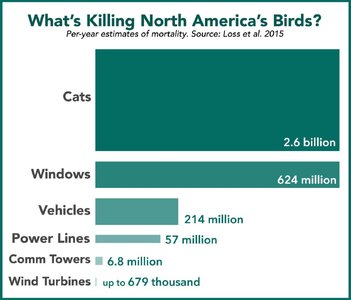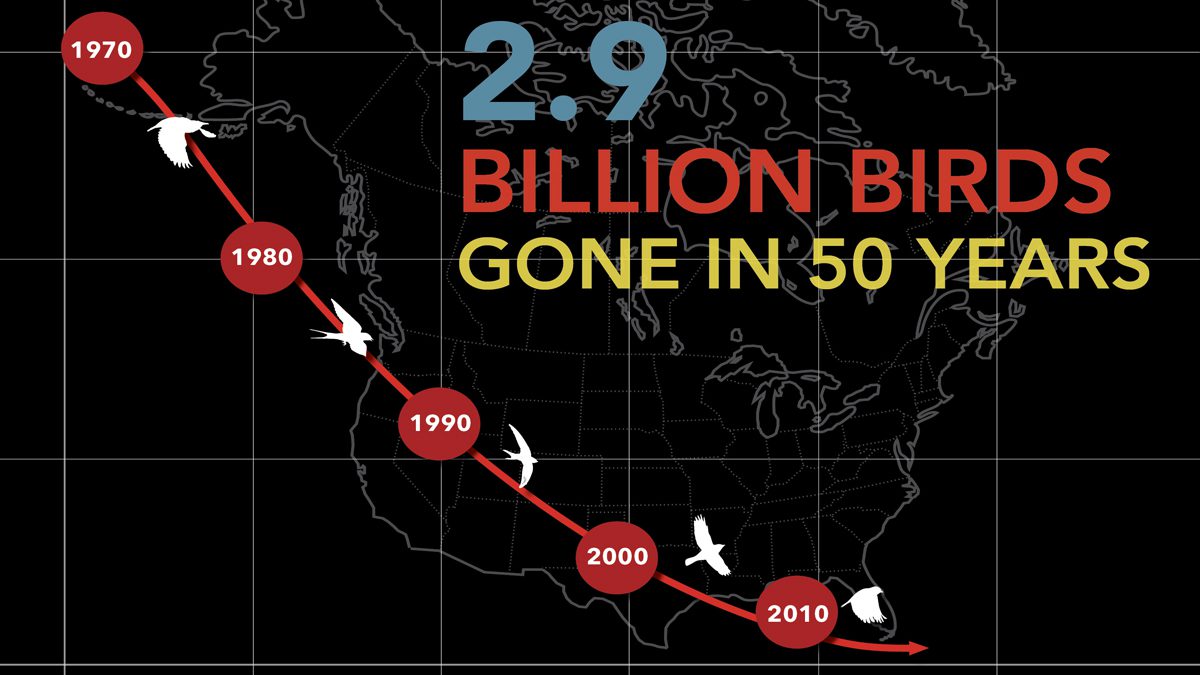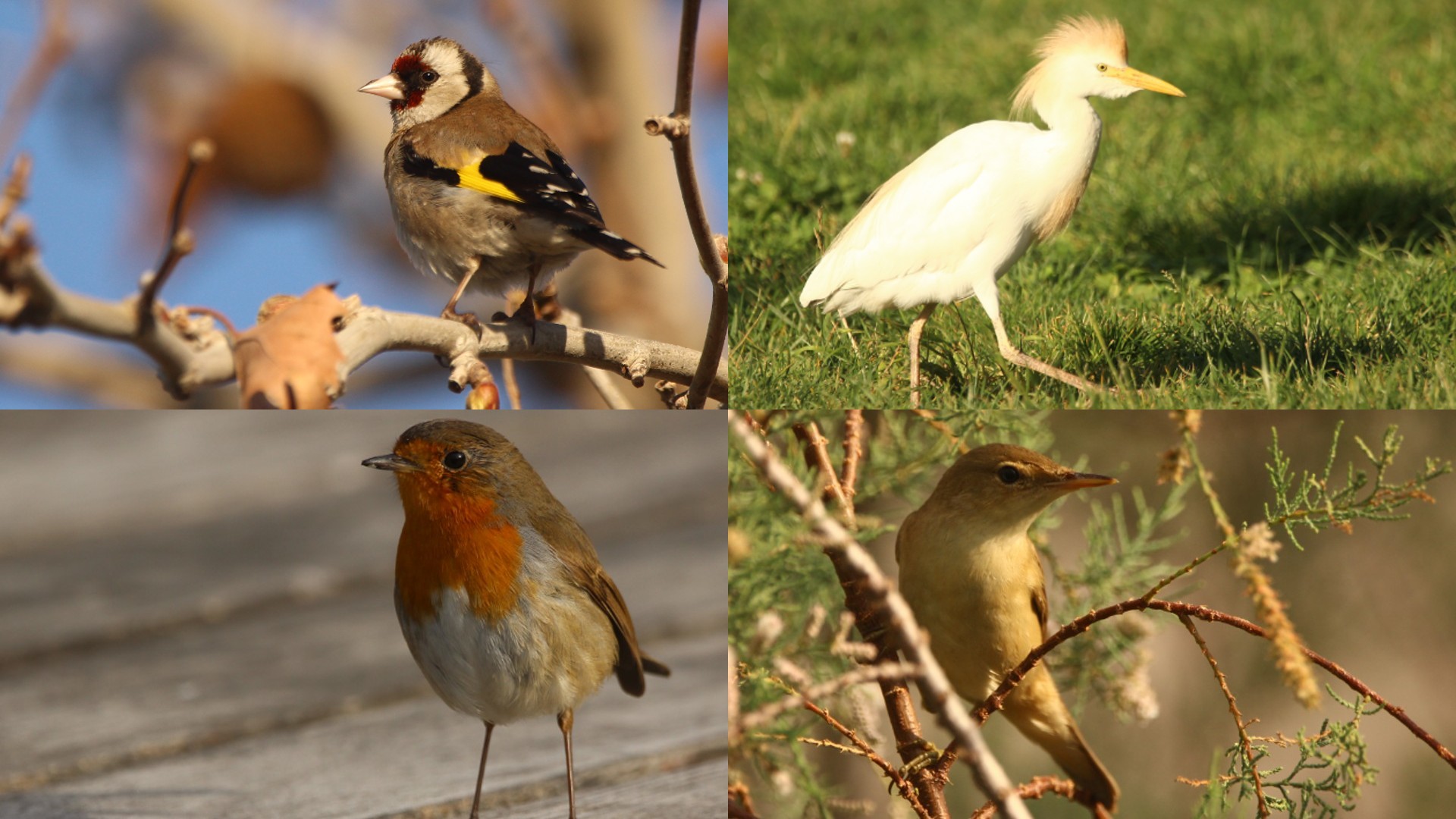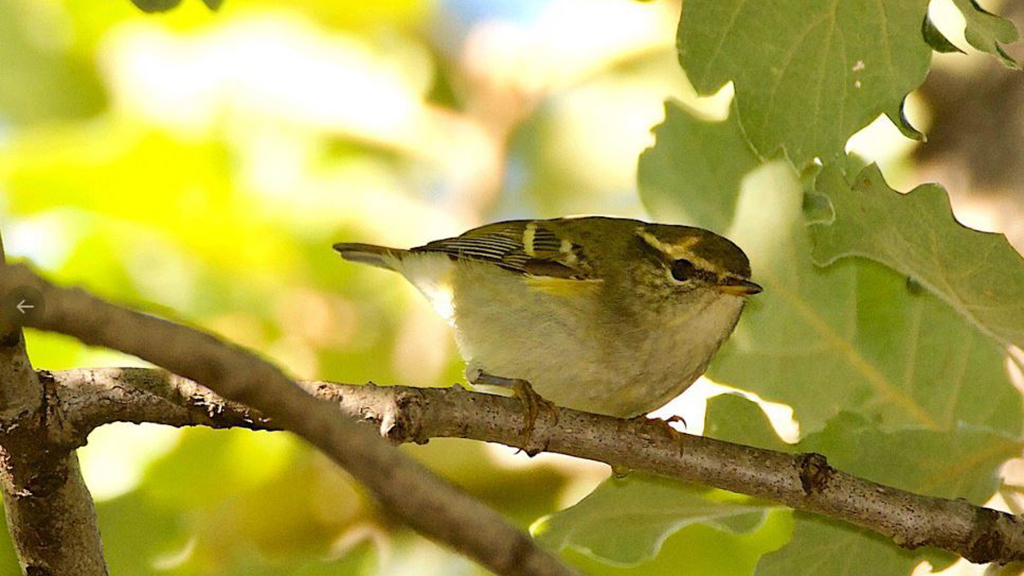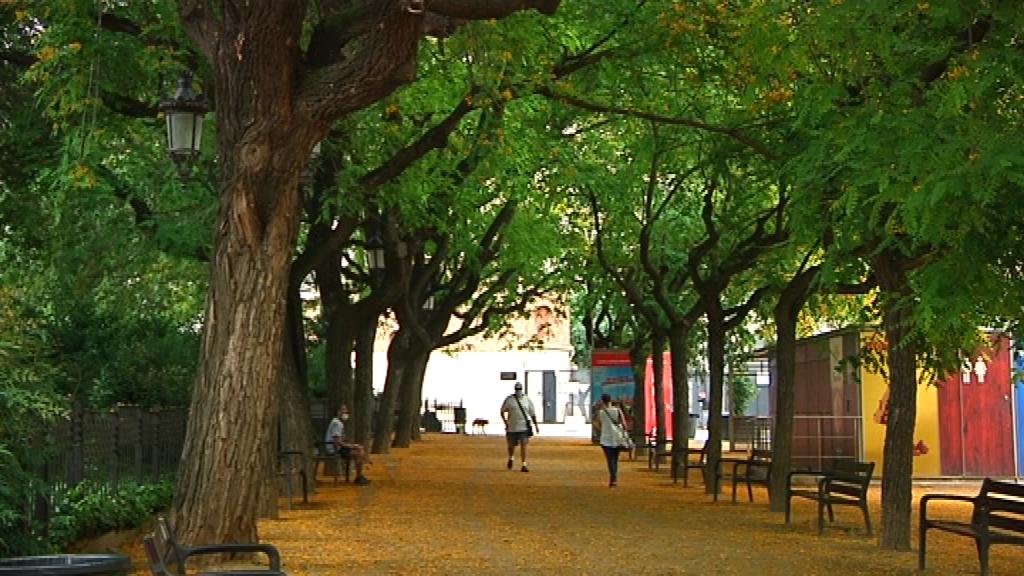- Joined
- Dec 4, 2006
- Posts
- 118,395
- Reaction score
- 28,216
- Points
- 113
As a child and teen, growing up in southern Ontario, spring was a cacaphony of birdsong.
We now live in the country on a 200 acre farm where more than half is given over to natural habitat and the rest is organic hay.
When I wake up in the morning, I am straining to hear the sogns of birds and even this evening, I only hear about 5 or 6 around the house.
Do you notice the collapse of bird populations in your own area?
We now live in the country on a 200 acre farm where more than half is given over to natural habitat and the rest is organic hay.
When I wake up in the morning, I am straining to hear the sogns of birds and even this evening, I only hear about 5 or 6 around the house.
Do you notice the collapse of bird populations in your own area?



